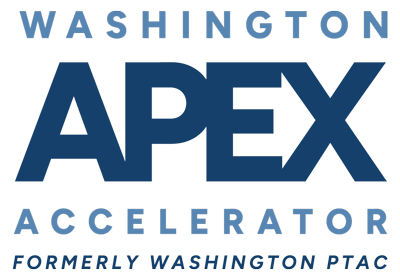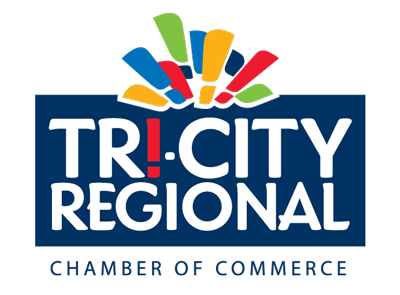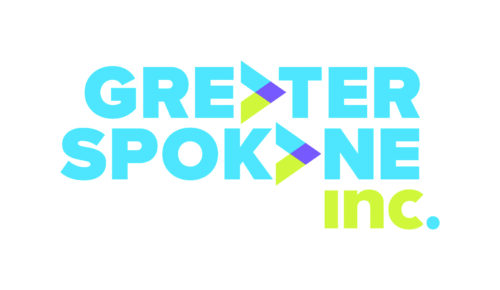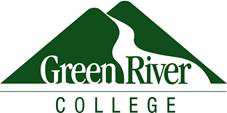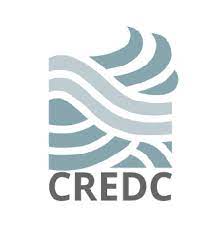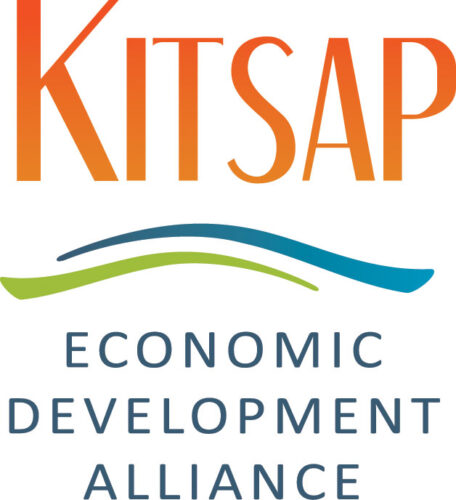In Juul Labs, Inc. v. Grove, 2020 Del. Ch. LEXIS 264 (Del. Ch. Aug. 13, 2020) (Laster, V.C.), the Delaware Court of Chancery held that the “internal affairs doctrine” bars a stockholder of a Delaware corporation headquartered in a foreign jurisdiction from seeking to inspect corporate books and records pursuant to the statutory law of that foreign jurisdiction. The stockholder is limited instead to the inspection rights and remedies under Section 220 of the Delaware General Corporation Law, 8 Del. C. § 220. This decision has the potential to provide greater certainty to Delaware corporations headquartered in other states that Delaware law will govern all aspects of stockholders’ rights, although it remains to be seen whether the courts of those other states will enforce Delaware law in a similarly limiting fashion.
Juul Labs, Inc. (“Juul” or the “Company”) is incorporated in Delaware and has its headquarters in San Francisco, California. Grove was a former employee of Juul, who became a stockholder of the Company by exercising stock options. By accepting the stock options and then exercising those options, Grove agreed to waive his stockholder inspection rights under Section 220. Grove also agreed to be bound by the terms of two separate investor agreements.
On December 27, 2019, Grove demanded to inspect the books and records of the Company under Section 1601 of the California Corporations Code. As relevant to the dispute, Section 1601 grants inspection rights to any stockholder in a corporation with its principal executive office in California, regardless of that corporation’s state of incorporation. In his inspection demand letter, Grove stated that he would consider applying to the California state court for an order compelling the inspection if his demand was denied or the Company failed to respond.
Juul’s Articles of Incorporation designated the Delaware Court of Chancery as the “exclusive” forum for adjudicating disputes concerning the internal affairs of the Company. As a result, on January 6, 2020, Juul filed an action with the Delaware Court of Chancery for declaratory and injunctive relief arguing (among other things) that Grove’s inspection rights were governed by Delaware law (and not California law) and seeking to enjoin Grove from enforcing his purported inspection rights under California law. On January 7, 2020, Grove initiated proceeding in the California Superior Court for the County of San Francisco seeking to enforce his purported to stockholder inspection rights under the California Corporations Code.
The parties filed cross-motions for judgment on the pleadings in the Delaware action. The Company first argued that in the option grant and exercise agreements, “Grove waived all rights to inspect books and records, not only under Section 220, but also under Section 1601.” The Chancery Court, however, rejected this argument on two grounds. First, under Delaware law there can be no waiver of a statutory right unless the waiver is clearly and affirmatively expressed — the language of the option grant and exercise agreements did not satisfy this high standard. Second, to the extent the waiver language extended beyond Section 220, it was ambiguous and should be interpreted against the Company as the drafter.
Juul next argued that Grove waived his purported Section 1601 inspection rights by assenting to the investor agreements. The Chancery Court also rejected this argument. Although the investor agreements provided that certain specially defined “holders” may have waived all stockholder inspection rights, this provision was inapplicable to Grove because he did not fall within the definition of “holders.”
Juul next argued that Grove’s stockholder inspection rights were governed solely by Delaware law. The Chancery Court agreed. Conflict of laws principles articulated by the “internal affairs” doctrine meant that only Delaware law could apply to this dispute.
“The internal affairs doctrine is a conflict of laws principle which recognizes that only one State should have the authority to regulate a corporation’s internal affairs—matters peculiar to the relationships among or between the corporation and its current officers, directors, and shareholders—because otherwise a corporation could be faced with conflicting demands.” Edgar v. MITE Corp., 457 U.S. 624, 645 (1982) (citing Restatement (Second) of Conflict of Laws § 302 cmt. b. (1971)).
Delaware precedent establishes that “[s]tockholder inspection rights are a core matter of internal corporate affairs.” The Chancery Court then went on to highlight several material distinctions between the inspection rights granted to stockholders under Delaware law versus those available under California law. Ultimately, Delaware law was the only applicable law because “[i]f other states could define the terms by which stockholders can inspect books and records, then a Delaware corporation could be subjected to different provisions and standards in jurisdictions around the country.”
The Chancery Court did not reach the question regarding whether Grove could waive his inspection rights under Section 220. In dicta, the Court noted that Delaware law has historically rejected efforts to limit or eliminate stockholder inspection rights, but noted that there were countervailing considerations when such waiver was expressed in a private agreement versus in the constitutive documents of a corporation.
The Juul decision reflects the Delaware courts’ view that Delaware law provides the sole source of law for matters bearing on the internal affairs of a Delaware corporation, regardless of where that corporation is headquartered. It is not clear, however, whether courts in other states where Delaware corporations are headquartered will similarly protect the primacy of Delaware law in these situations. Delaware corporations seeking greater certainty should, therefore, strongly consider including in their certificates of incorporation or by-laws Delaware exclusive forum provisions, so that the Delaware Court of Chancery will be deciding these issues as they arise in the first instance.
Syndicated from Sheppard Mullin

